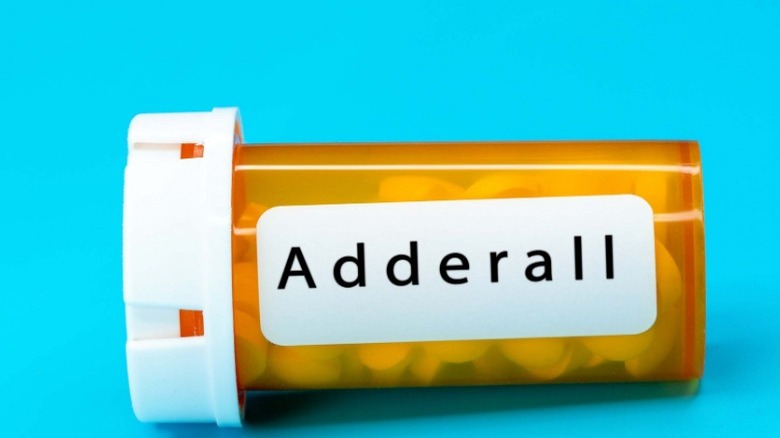What Experts Are Saying About The Extended Shortage Of ADHD Medications
If you notice that your child has issues with inhibiting impulses, focusing, staying seated in a calm manner, or that they constantly fidget, you might wonder if they have attention deficit/hyperactivity disorder — also known as ADHD. According to the American Psychiatric Association, ADHD is a common mental disorder in children and adults, affecting some 8.4% of the American child population and 2.4% of the American adult population, even before the start of the COVID pandemic. Notably, adults may present ADHD symptoms differently than children. For example, adults may show fewer symptoms like hyperactivity, but continue to show inattentiveness, reports the National Health Service. Adults may also frequently lose personal items and have subpar organizational skills. But there are some similarities between adults and children when it comes to symptoms of ADHD.
One thing that both children and adults have in common with regard to ADHD symptoms is the increase in symptoms since the start of the pandemic. Men's Health reports that an increased number of adults in the United States experienced ADHD symptoms during the pandemic, and The Journalist's Resource notes that the crisis also amplified the symptoms of ADHD in children. You might wonder if more people have been seeking treatment as a result of the increased symptoms. Here's everything you need to know.
What to know about the extended shortage of ADHD medications
According to NBC News, more patients have sought out attention deficit/hyperactivity disorder (ADHD) treatment since the start of the COVID lockdown, which has resulted in more prescriptions than the government agencies or drug companies predicted. In October 2022 the United States Food and Drug Administration (FDA) announced that there would be a shortage of the instant-release formula of Adderall, the FDA-approved amphetamine mixed salt drug for the treatment of ADHD. Some health experts note that the shortage is a matter of supply and demand. For example, Dr. Neal Rojas, who specializes in ADHD, notes that a mix of factors like increased demand, supply chain problems, and a lack of increase in manufacturing quotas have all contributed to the shortage (per University of California San Francisco).
According to NBC News, the shortage could be in effect through the spring. For example, one Adderall manufacturing company called Alvogen expects its supplies to be short until the middle of April. Experts also worry that limited access to prescription drugs could force some to turn to other markets, where laced or contaminated drugs can contain dangerous additives like fentanyl.


